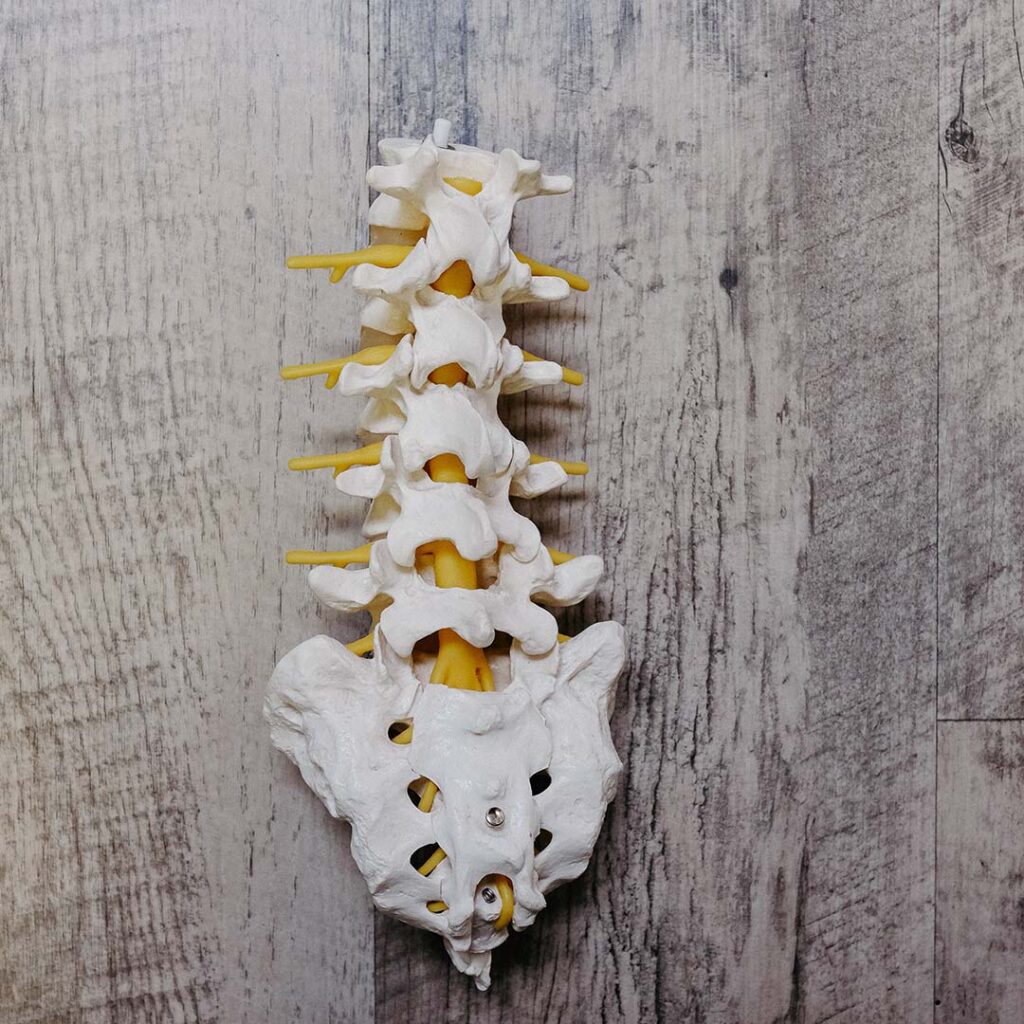Different Types of Conservative Care Explained
Conservative care for spinal problems is a non-surgical treatment that involves various approaches to address pain symptoms and rehabilitate the spine. At Central Texas Spine Institute located in Austin, Texas, we offer many different types of spine treatments, including surgery and conservative care for the spine. In this blog post, we’ll be taking a closer look at some of the different types of conservative care options that are available for your spine and how they can help with certain conditions. Schedule your appointment today.

Medications
Medications can be an effective initial step to managing your spine-related pain symptoms appropriately. There are several different types of medications that may be used to manage spine pain, depending on your specific situation. Anti-inflammatory drugs, such as ibuprofen, are often used to decrease inflammation and swelling in joints. Muscle relaxants may be used to relieve muscle tension, and some medications can help to reduce nerve pain. Narcotics and opioids are generally used on a short-term basis to relieve acute pain symptoms.

Spinal Cord Stimulation
Spinal cord stimulation is a relatively new and innovative conservative care of the spine method for treating back and neck pain. It involves the placement of a small device near the spine that emits electrical impulses to the surrounding nerves. This stimulation helps to reduce or block the pain sensation that is transmitted to the spinal cord and brain. Patients who suffer from chronic back pain, neuropathy, and other conditions that don’t respond to traditional spine treatments can benefit from spinal cord stimulation.

Injections
Injections offer a targeted approach to treating spinal pain that can be administered directly into key parts of the spine. There are a few different types of injections that your healthcare provider may suggest depending on your specific condition.
Epidural steroid injections – These are used to reduce inflammation in the spinal cord and provide pain relief to patients suffering from lumbar (low back) and cervical (neck) radiculopathy.
Facet joint injections – These injections are placed in the facet joint of the spine. The facets are the joints between the vertebrae that help to guide the movement of the spine. These injections can help reduce pain and stiffness in patients experiencing facet joint-related pain.
Radiofrequency ablation (RFA) – RFAs are a minimally invasive procedure that is used to treat chronic nerve pain. This technique uses heat generated by radiofrequency waves to destroy targeted nerve fibers.

Rehabilitation and Physical Therapy
Rehabilitation and physical therapy programs are a popular conservative care for the spine option for individuals who suffer from back and neck pain. Physical therapy can help to stretch and strengthen specific muscles, which can help to improve mobility and reduce pain. Rehabilitation programs can be customized based on the specific needs of the patient and may include a combination of physical therapy, chiropractic care, and massage therapy.
The goal of rehabilitation and physical therapy is to help patients restore function and return to an active lifestyle without the need for spine surgery. Some of the benefits of rehabilitation and physical therapy include improved range of motion, reduced pain, increased stability, and improved flexibility.
LEARN MORE ABOUT CONSERVATIVE CARE FOR THE SPINE TODAY
Conservative care is a highly effective and non-surgical spine treatment option for most types of spinal problems. The best conservative care for the spine option for you will depend on your specific spine-related condition, but with the help of a qualified healthcare provider, you can create a treatment plan that works best for you. Dr. Randall Dryer at Central Texas Spine Institute is a leading spine surgeon who offers customized spine treatments to suit you. By considering the different types of conservative care for the spine options that are available, you can take an active role in managing your spine-related pain symptoms and improve your overall quality of life. Schedule a consultation with our spine specialist in Austin today!

